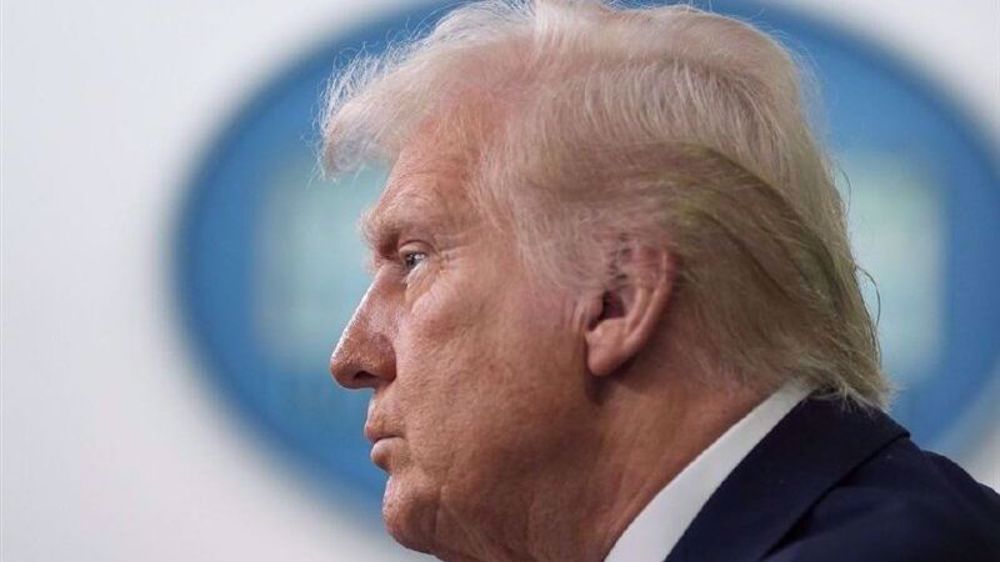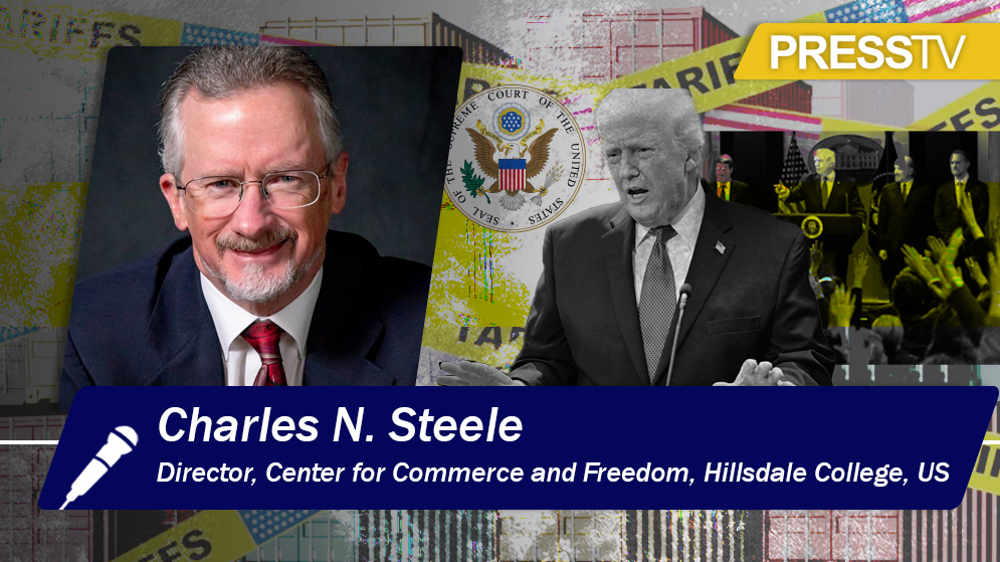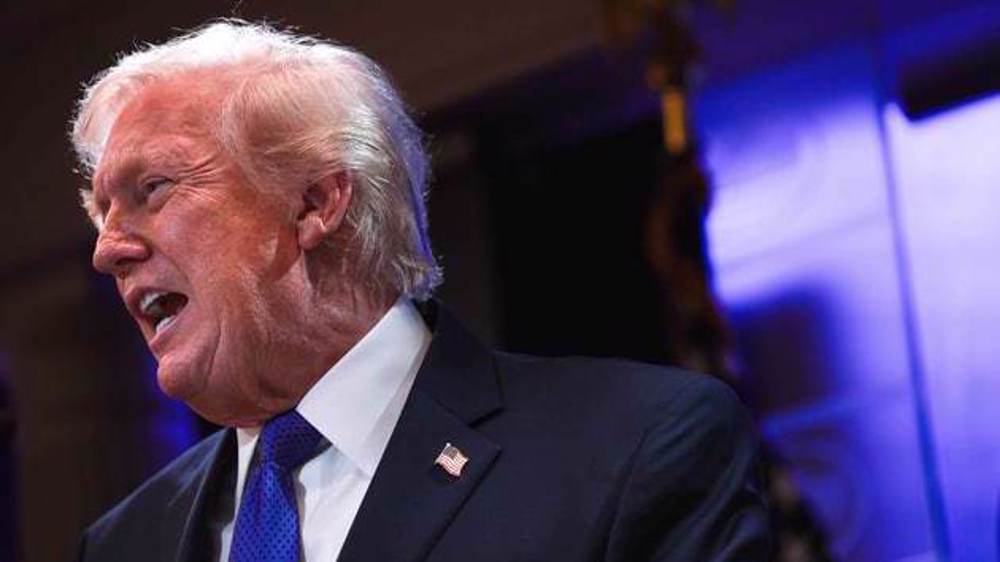Nearly 8 million Americans fell into poverty since June: Study
The coronavirus pandemic in the United States and dwindling federal support have made nearly 8 million Americans poor since June, a study shows.
The study released Wednesday by economists at the University of Chicago and the University of Notre Dame shows that the national poverty rate had a rise of 2.4 percent up from 9.3 percent in June to reach 11.7 percent in November.
The US government’s inability to provide jobs for millions of people coupled with a sharp decline in federal aid for the unemployed has caused 7.8 million people to fall into poverty, according to James X. Sullivan, a professor at Notre Dame, and Bruce D. Meyer, a professor at the University of Chicago’s Harris School of Public Policy.
The rise in poverty this year has been swift, marking the biggest jump in a single year since the government started to track poverty 60 years ago.
Sullivan says it is nearly double the next-largest increase, which happened in 1979-1980 during the oil crisis.
“We’ve seen a continual rise in poverty every month since June,” said Sullivan.
Poverty levels actually decreased through March, April and May in spite of the widespread business closures to stymie the spread of the pandemic, according to Sullivan and Meyer. The happened after Congress passed generous aid benefits including enhanced federal unemployment aid and one-time $1,200 stimulus checks that went to 160 million Americans.
However, the situation began to reverse in July, after most federal stimulus checks were spent, and poverty has been rising swiftly ever since.
“The entire decline in poverty through June can be accounted for by the one-time stimulus checks the federal government issued, predominantly in April and May, and the expansion of unemployment insurance eligibility and benefits. In fact, in absence of these programs, poverty would have risen sharply,” they wrote.
Sullivan also said that there were two ways to tackle this increasing rate of poverty.
“There are two ways to counteract this upward trend in poverty: One is a dramatic improvement in the labor market. The other is more support from the federal government. Given the state of the virus, I wouldn’t bet on significant improvement in the labor market in the short run,” Sullivan said.
'We warned repeatedly about the limit to our patience': Hezbollah leader
IRGC announces 'blinding' US, Israel's eye in region; vows harsher retaliation coming
Iraqi resistance leader urges Americans to ‘reclaim’ country from Israeli ‘puppet Trump
Iran blasts US-Israeli use of autonomous killer systems against civilians as 'war crime'
US-Israeli aggression left Tehran with no choice but to defend Itself: President Pezeshkian
Iran urges immediate intl. action against US attacks on schools
Iraq won’t allow terror groups to cross border into Iran: Security official
Iran’s security chief: Does America come first or Israel with 500 US soldiers killed?












 This makes it easy to access the Press TV website
This makes it easy to access the Press TV website